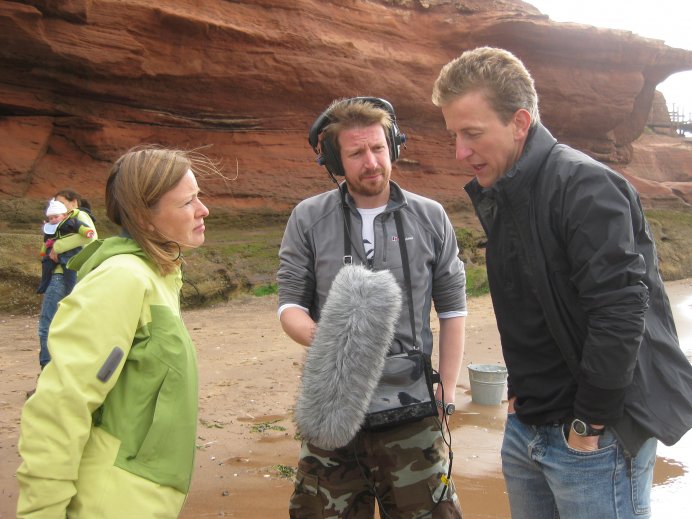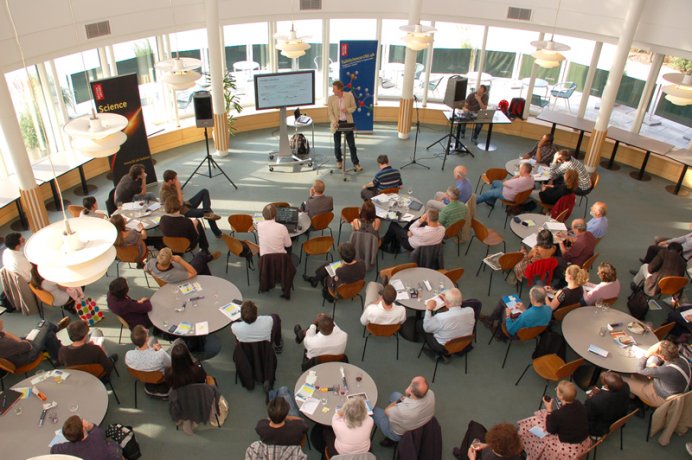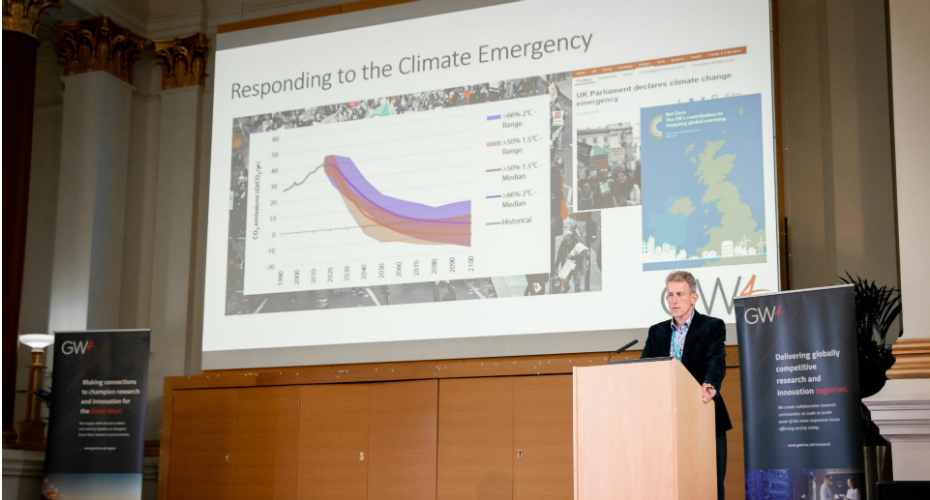Professor Tim Lenton, Director of the Global Systems Institute
The Global Systems Institute is based on Streatham Campus and was launched in 2018 with the aim to create transformative solutions towards a more sustainable, flourishing future for all life, including human life, on this planet.
Professor Tim Lenton is the Director of the GSI and his research specialisms include Earth system science and climate change. Tim moved to the University in 2011, where he and his group are focusing on understanding how life has shaped our planet, and on early warning of climate tipping points.
In essence, every day is Earth Day for Tim because he studies the planet as a living system. Tim finds Earth Day beneficial because it encourages others to give more attention to their life-support system, if only just for a day. Reconnecting to the Earth and other living things, and truly valuing them as essential for our existence, is crucially important for every person on our planet.
Tim was drawn to work in the area of Earth system science from a young age as he was captivated by the books of James Lovelock on Gaia when he read them aged 18. Lovelock’s Gaia hypothesis argues that life plays a key role in creating and stabilising habitable conditions on this planet (and has done for over three and a half billion years). Tim was deeply concerned about environmental issues at the time and Lovelock’s view of the Earth as a living system made perfect sense. Lovelock was calling out for a doctor to train in ‘planetary medicine’. Tim says he: “answered the call.”
During the time that Tim has worked as Director of the GSI, he says that there has been great moments such as celebrating James Lovelock’s centenary by interviewing him live in the Forum with a rapt audience. He counts the main achievement has been building a community of like-minded scholars with a shared set of values, and together starting to show real thought-leadership, including starting projects that benefit the biosphere and some of the world’s poorest people.
Tim also loves the challenge of trying to understand an extraordinary, complex, adaptive system – and of trying to convey some of that understanding to others and to make this new knowledge actionable – to apply it to help create a brighter future.
However, he considers the biggest challenge that climate change causes is for “us to not destroy our current civilisation – which we are running a very real risk of doing. To avoid that we have to transform our societies from within, in the space of a generation. The transformation needed is a huge opportunity. The ‘green new deal’ as some are calling it will create jobs, prosperity, well-being and will tackle the human inequalities that have been growing as I have grown up. We also have a huge opportunity to reconnect to the living world that supports us, by regenerating degraded ecosystems and revaluing our life-support system.”
Some key actions that Tim advocate needing to be taken in order to support our Earth are to:
- Stop all fossil fuel burning by 2050.
- Stop all ecosystem destruction.
- Transform what we eat and how we use the land.
- Regenerate degraded ecosystems.
- Come together as communities to create new examples of living differently and more sustainably. Spread those examples and that learning through networks.
Tim is currently working on several areas, which include a new theory of the evolution of complex living systems, including how the rise of complex life was coupled to changes in the Earth system. The GSI is also working on many projects, for example: Coming up with a blueprint – or ‘plan A’ – of how we get to ‘net zero’ fossil fuel burning and greenhouse gas emissions by the middle of this century; and training a new generation of leaders through our new MSc in Global Sustainability Solutions.
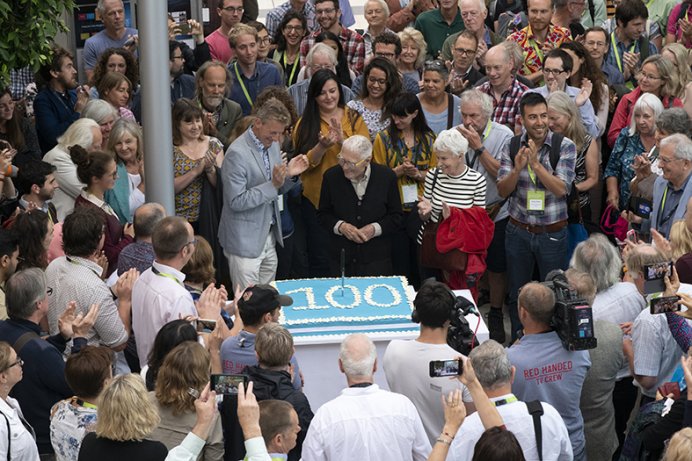
Tim celebrating James Lovelock's centenary in the Forum, Streatham Campus
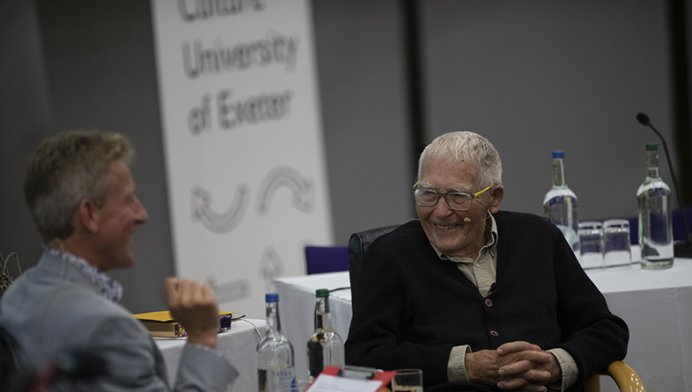
Tim interviewing James Lovelock to celebrate his centenary
